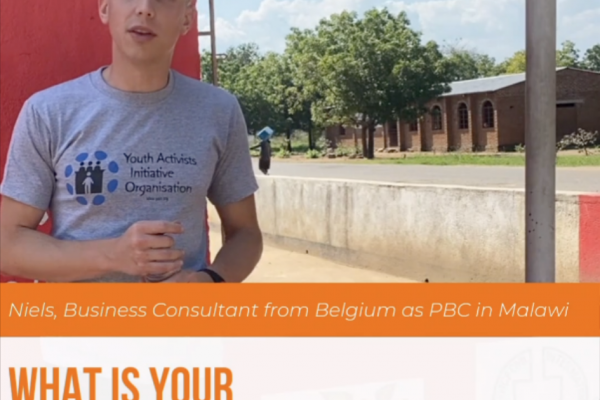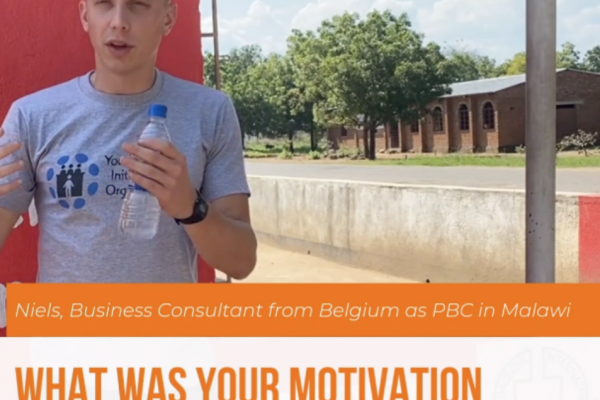Companies recognize their shared interest in partnering with non-governmental organizations and governments to address key global challenges. Through collaboration, companies contribute valuable resources to support the development of regional economies in emerging and dynamic markets where companies are seeking to establish or expand their presence. Specifically, companies engage in Global Pro Bono, also known as International Corporate Volunteering (ICV), to promote leadership development among their employees while improving health care, education and business success for local companies.
Deirdre White, president of CDC Development Solutions, points out that ICV is a “fast-growing trend that improves the triple bottom line of business,” i.e., people, environment and profits. In fact, the number of companies participating in ICV programs has grown from a handful to several dozen Fortune 500 companies and multinational corporations in the last five years. CDC Development Solutions works with leading companies worldwide to facilitate ICV programs in more than 70 countries.
On April 11 and 12, I will join corporate, non-governmental and government leaders at the 4th annual International Corporate Volunteerism (ICV) Conference, hosted by CDC Development Solutions. The program in Washington, D.C., will feature employees from PepsiCo, IBM, GlaxoSmithKline, Pfizer, John Deere, Merck, Emirates, SAP and others who will share how ICV is building leadership in their companies. Through ICV, these and other companies send teams of employees to volunteer their professional skills to local governments, social enterprises, educational institutions and NGOs in emerging and dynamic markets around the world.
The key benefit for companies that engage their employees in global pro bono work is that the experience is uniquely effective for leadership development. As moderator of last year’s plenary session for returning ICV volunteers, I heard directly from panelists from Ernst & Young, GlaxoSmithKline, Intel, and IBM that teamwork, communication, listening and body language, diversity sensitivity, and problem solving were among the skills they took away from their global pro bono assignments. These are exactly the skills people need to succeed in business today. By helping businesses and social institutions in emerging economies succeed and thrive, international volunteers also promote regional economic development, which is good for business.
At this year’s conference, Dr. Angel Cabrera, president of George Mason University, will speak on “Leadership in a Converging World.” “It’s one thing to design value-creating strategies on paper. Achieving that value in practice is quite another,” Cabrera points out in his recently published book, Being Global, How to Think, Act, and Lead in a Transformed World. “Successful global companies are usually characterized not by the quality of their underlying analyses, but by the ability of their leaders to bring together people from different cultures and economic circumstances. To successfully lead a global company, leaders must have a global mindset. Simply put, to be global – by leading and acting globally – you must first master the ability to think globally.”
Another conference speaker, Sue Tsokris, vice president of global citizenship and sustainability at PepsiCo, explains what makes her company’s program successful. “PepsiCorps is designed to provide 360-degree benefits, and that’s what makes it so successful. Employees develop leadership skills and international experience, PepsiCo gains global-minded employees who return to work more flexible, solution-oriented, inspired and engaged, and the local community we serve and the non-governmental organizations we partner with benefit from our employees’ knowledge and skills.”
The best way for companies to develop and implement global pro bono programs that maximize the benefits of their ICV programs is through partnerships and collaboration. Join us in Washington in April to find out how your company or organization can benefit while contributing to building a better world.
Follow Alice Korngold on Twitter









Recent Comments